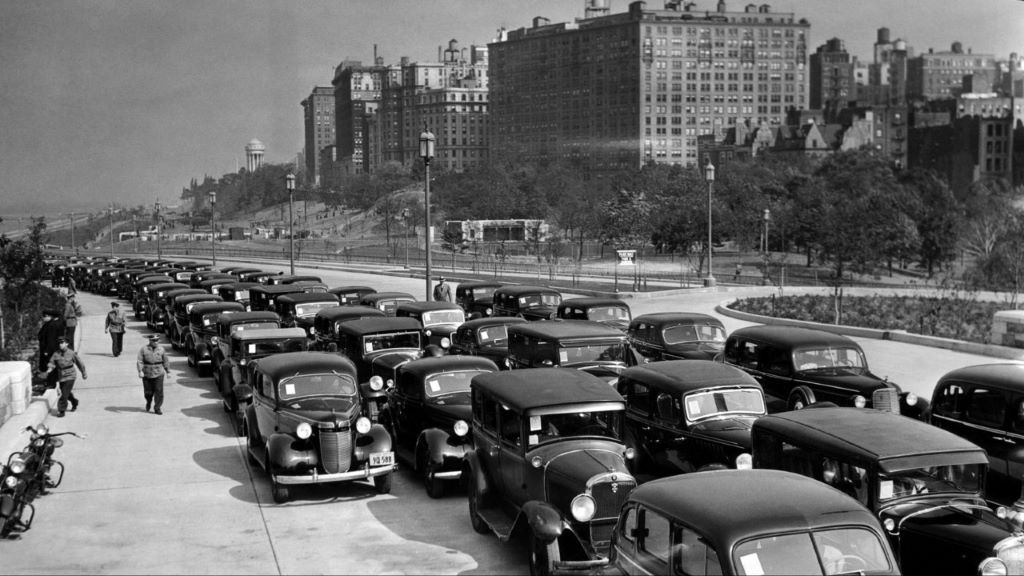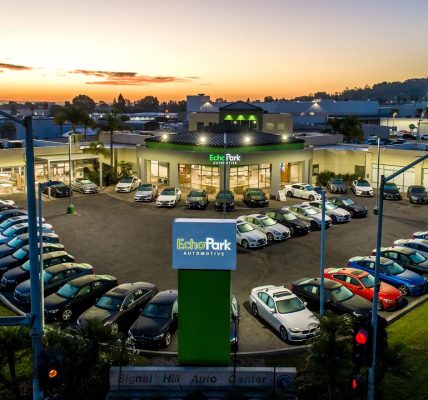Car culture, a phenomenon deeply ingrained in modern society, has shaped our cities, infrastructure, and even our identities. But when did this fascination with automobiles begin? The roots of car culture run deep, spanning over a century of technological advancement, social change, and evolving attitudes toward personal mobility.
The Early Days: A Luxury for the Few
The late 19th and early 20th centuries marked the birth of the automobile, but it was far from the accessible, everyday object we know today. Early cars were expensive, handcrafted machines, reserved for the wealthy elite. However, pioneers like Henry Ford envisioned a future where cars were affordable for the masses. The introduction of the Model T in 1908 was a turning point, as mass production techniques made cars more accessible, albeit still a luxury for many. To understand how different regions embraced this revolution, one can explore more about car culture in Japan and how it evolved uniquely in the East.
The Roaring Twenties: A Symbol of Freedom and Progress
The 1920s ushered in an era of prosperity and cultural change, and the automobile was at the forefront. Cars became symbols of freedom, independence, and the modern lifestyle. The expanding road network facilitated travel and leisure, and car ownership became a status symbol. Automakers capitalized on this trend, introducing stylish designs and innovative features that fueled the growing car culture.
Post-War Boom: The Golden Age of Car Culture

The post-World War II era marked the true golden age of auto culture. A booming economy, suburbanization, and a burgeoning middle class fueled the demand for automobiles. Cars became integral to daily life, transforming how people lived, worked, and played. Drive-in theaters, fast-food restaurants, and suburban shopping malls emerged to cater to the car-centric lifestyle.
The 1950s and 60s saw the rise of iconic car designs that captured the spirit of the times. Sleek tailfins, chrome accents, and powerful engines were hallmarks of this era. auto culture permeated popular culture, with movies, music, and television shows celebrating the automobile as a symbol of American freedom and individuality.
The Changing Landscape: Challenges and Transformations
The 1970s brought significant challenges to car culture. The oil crisis, environmental concerns, and changing social values led to a reevaluation of the automobile’s role in society. Smaller, more fuel-efficient cars gained popularity, and the dominance of American automakers was challenged by foreign competitors.
Despite these challenges, auto culture continued to evolve. The rise of car customization and the import scene in the 1980s and 90s introduced new dimensions to auto culture. Enthusiast communities formed around specific car models and brands, fostering a sense of camaraderie and shared passion.
The Digital Age: Auto Culture in the 21st Century
The advent of the internet and social media has transformed car culture in the 21st century. Online forums, blogs, and social media platforms have connected car enthusiasts worldwide, allowing them to share knowledge, and experiences, and showcase their vehicles. The rise of electric and autonomous vehicles has presented new challenges and opportunities for auto culture, promising a future where personal mobility is redefined.
Related: The History of Diesel Vehicles
The Global Perspective: Beyond Borders
While it has deep roots in the United States, it has spread far beyond its borders. In many countries, car ownership has become synonymous with economic progress and personal achievement. However, the challenges of traffic congestion, pollution, and resource depletion have led to a growing movement towards sustainable transportation solutions.
The Future of Car Culture: A Road Less Traveled
As we look towards the future, the fate of car culture remains uncertain. The rise of ride-sharing services, changing attitudes toward ownership, and the increasing urgency of environmental concerns are reshaping our relationship with automobiles. While the traditional auto culture may face challenges, the human desire for personal mobility and the emotional connection we have with cars are unlikely to disappear.
The evolution of auto culture is a testament to human ingenuity, our love of freedom, and our constant pursuit of progress. It is a story of technological innovation, social change, and the enduring appeal of the automobile. As we navigate the road ahead, the future of car culture promises to be as dynamic and multifaceted as its past.





